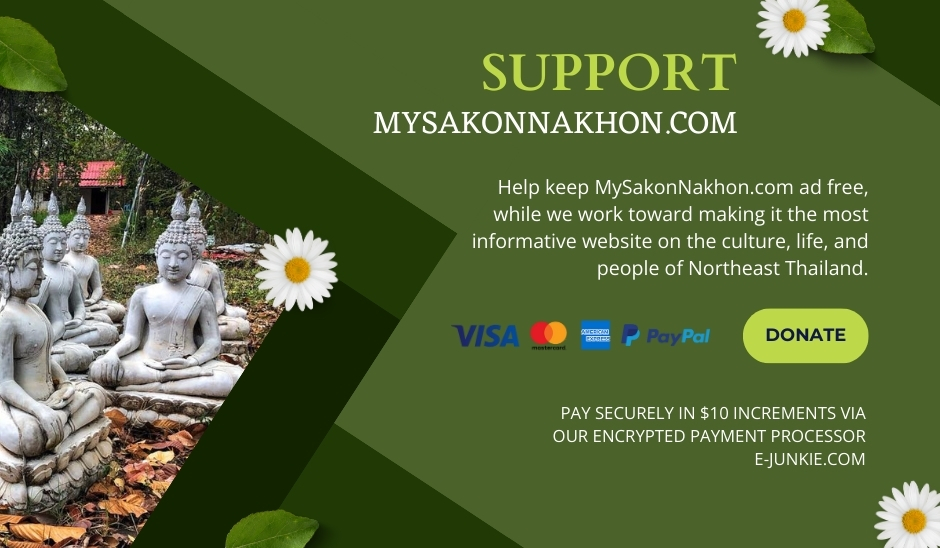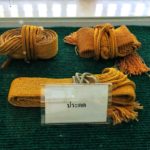
What Does Farang Mean in Thai?

If you are a Western tourist or expat in Thailand, you may hear the expression “farang” spoken in your direction. There is probably no word which causes more arguments in Thailand’s expat community than the word farang in Thai. Many expats find the term “farang” to be racist and resent any and all usage of it. Other expats say that the whole farang thing is much ado about nothing, and that we shouldn’t judge Thai people by the standards of Westerners.
For the uninitiated, the word farang in Thai generally refers to any Western foreigner of white skin (i.e. a Caucasian). The etymology of farang in Thai is a debate that we aren’t going wade into with this post. We will however toss our hat into the ring regarding whether or not you should be offended when a Thai person uses the word farang in Thailand.
The word farang in Thai is used basically in two different ways. It can sometimes be used as a term of denigration. For example, the Thai phrase fà-ràng khêe nók (ฝรั่งขี้นก), which means farangs are bird shit, is a well-known slur. However, the term farang in Thai is more often used as an innocent descriptive to identify someone who is a white Westerner of European ancestry (regardless of their nationality).
It can be disturbing when a Thai person (often a child) points to you on the street and yells “farang”! No question about that. But we usually look at such incidents as something not to get upset about. Instead, we see them as useful learning experiences that provide a small taste of how it feels to be objectified by the color of one’s skin. Beyond that, it should be noted that the Thai person yelling “farang” almost always is doing so without any intended malice — but is just trying to get your attention so that they can say hello.
Getting upset when strangers call you a farang in Thailand serves no useful purpose. And trying to teach Thai strangers about the impolite usage of the word farang in Thai is a hopeless errand. The only time that we suggest taking issue with the word farang is when it is used by Thai friends or extended family in your presence instead of using your name.
If you are an expat living in Thailand, there probably will be times when you are among friends or family when someone refers to you as “farang” in Thai. Only in these situations do we suggest that you politely correct the Thai person with the material in today’s learn Thai language lesson. In almost all instances, they will immediately get the point and henceforth refer to you by your name.
ขอโทษครับ ชื่อของผมคือสตีฟ ไม่ใช่ฝรั่งครับ
Khăw thôt khráp. Chêu khăwng phŏm kheu sà-dtèef. Mâi-châi fà-ràng khráp.
Beg pardon (polite). Name of me is Steve. Not farang (polite).
Excuse me, my name is Steve, not farang. (Of course, you will replace Steve with your name).
Thai Language Tip: The Thai word farang has a second meaning. It is also the name for the fruit known in English as guava. Some expats recommend that when someone yells at you “farang!” in Thai that you should respond: “Mâi châi. Má-mûang!” The word má-mûang in Thai means mango. While we always support joking around in the Thai language as one of the best ways to learn Thai, this particular joke rarely works and will likely only get you a confused stare in return.
- The Hidden Dharma of Thai Language & Culture - May 11, 2024
- The Royal Ploughing Ceremony in Thailand – A History - May 8, 2024
- Dying Well the Buddhist Way in Thailand - May 7, 2024




